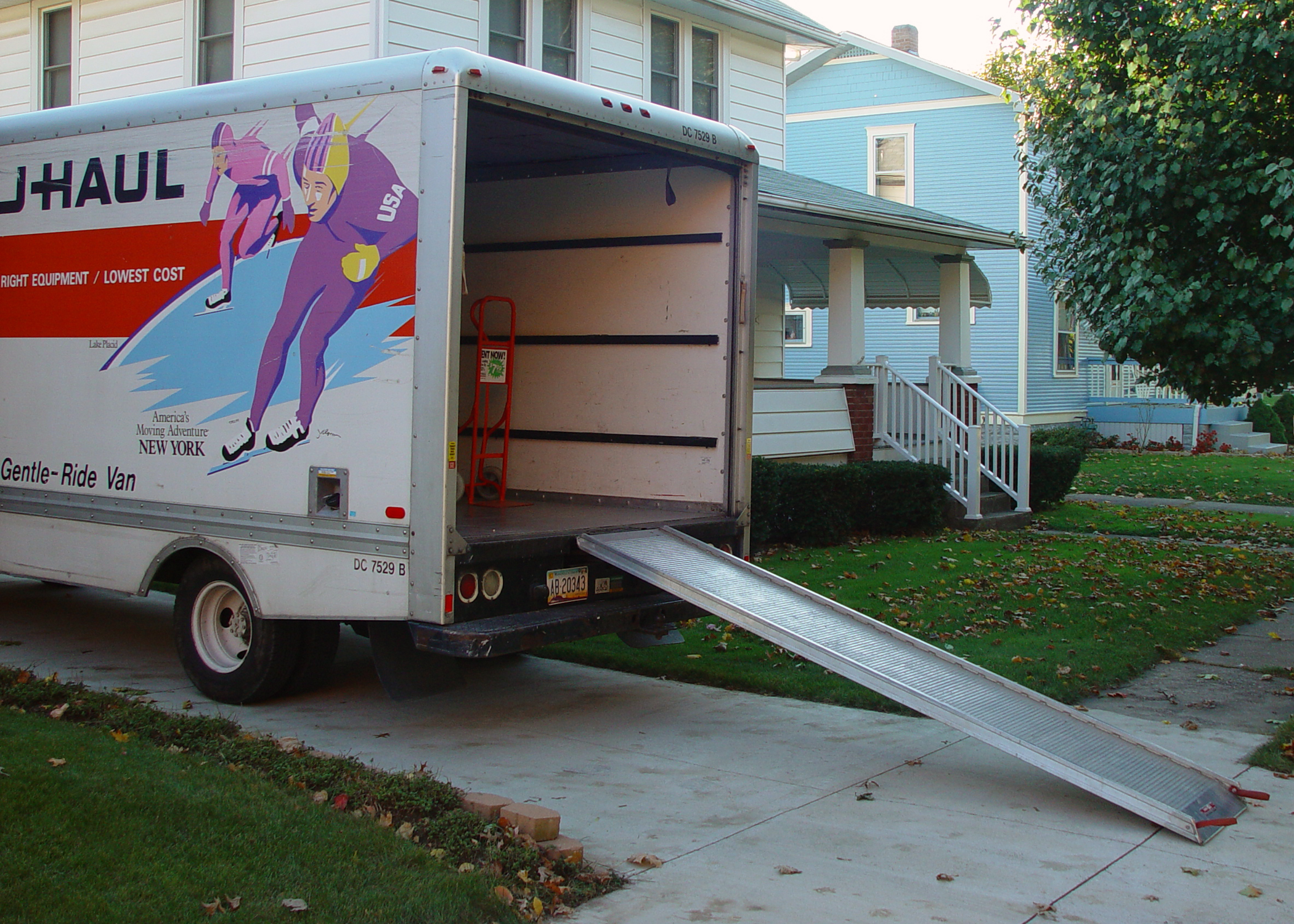
08 Dec Moving costs vs. staying put. Is it worth the cost to downsize?
Photo: click/morguefile.comQ. I’m wondering if it’s worth the cost of moving to downsize. We have a four-bedroom colonial with only one adult child living here, and he will probably move out soon. We’d like to stay in the same general area, and while it’s not a cheap place to live, a smaller house would be cheaper for taxes, maintenance and utilities. But how can I tell if the savings would make up for the cost of a move?
A. Your biggest expense is typically your home, so it may seem like a no-brainer for empty nesters to downsize to reduce expenses.
It makes sense that moving to a smaller home means lower mortgage payments and living costs. Downsizing may even help increase your retirement portfolios, but it isn’t necessarily the best option for everyone, said Lisa McKnight, a certified financial planner with Lassus Wherley in New Providence.
“Even with a robust housing market, many people may have little left over after paying off the mortgage and covering moving costs,” she said.
While moving is expensive and every situation is different, McKnight said you can typically figure moving costs will be approximately 10 percent or more of the selling price of your home, including the realtor fees, cost of repairs to the existing and new home, and moving.
Everyone’s numbers will be different, but McKnight offered this example:
Selling price existing home: $500,000
Purchase price new home: $250,000
Gross Profit: $250,000
Cost of moving: $(50,000)
Net Profit: $200,000
Cost of taxes/upkeep existing home: $16,250
Cost of taxes/upkeep new home: $8,125
Net Savings: $8,125 per year
“Under this very straightforward scenario, a move to a smaller home could boost your retirement portfolios by $200,000 and your annual savings would be approximately $8,125,” she said. “However, if you currently have a very large mortgage, that will certainly impact your overall costs.”
McKnight also said this scenario does not factor in hidden costs, such as potentially higher property taxes depending on the area you are moving to or the fair market value of the new home.
And, the timing of the closings on the two homes could result in unexpected costs.
“Ideally, you want to close on the purchase after the sale of the existing home,” she said. “Other factors to consider are maintenance costs, utility bills, and homeowner’s insurance costs.”
If you are downsizing to save money, it will be important make sure you don’t use the profit on your sale to remodel the new home, or on a more expensive car and lifestyle.
“It takes discipline to save and make sure you are reaping the benefits of downsizing,” McKnight said. “A good rule of thumb would be that if you cannot cut your expenses by at least 25 percent a move may not be the answer for you.”
None of this takes into consideration the emotions of a move.
She said putting a big house on the market, and clearing out decades worth of possessions, can be liberating, while for others, it’s downright tough.
“Many downsizers may lack the stomach or stamina to dismantle their lives,” she said. “A good idea is to take pictures of the home before dismantling it. You save the memories, without having to save the `stuff.’”
Also remember that you’re getting older, so look at medical considerations. Ask yourself about the new home’s proximity to your medical professionals and whether or not the new home is customizable for changing medical needs.
Before making any move, she recommends you put together a retirement plan.
“Make a list of the things you want, prioritize them and assign costs,” she said. “Now you can begin to back into the decision to sell and downsize.”
Email your questions to Ask@NJMoneyHelp.com.
This story was first posted in December 2014.
NJMoneyHelp.com presents certain general financial planning principles and advice, but should never be viewed as a substitute for obtaining advice from a personal professional advisor who understands your unique individual circumstances.
